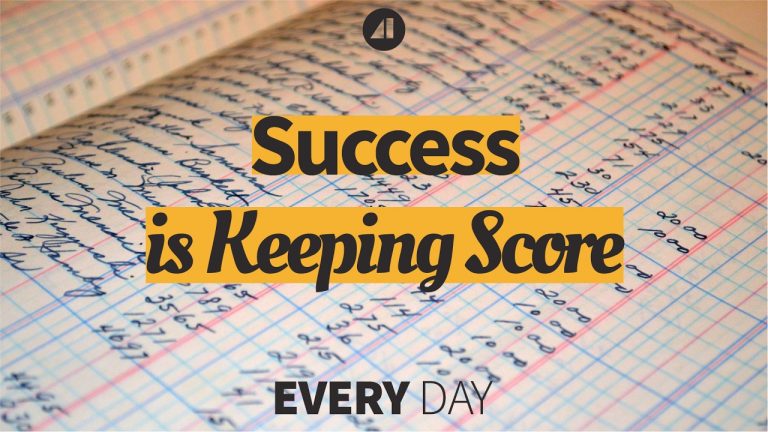Spring is here, it is time to purge
I have tried but I have no urge
Oh, wait what has happened to my stress
My house is clean and not a mess
It all looks so fine and exceptional
Only because I hired a professional
- Michael Tannery (with a glass of wine and apologies to Dr. Seuss)
In Work Clean: The life-changing power of mise-en-place to organize your life, work, and mind Dan Charnas describes the 10 major principles of mise-en-place for chefs and non-chefs alike: (1) planning is prime; (2) arranging spaces and perfecting movements; (3) cleaning as you go; (4) making first moves; (5) finishing actions; (6) slowing down to speed up; (7) call and callback; (8) open ears and eyes; (9) inspect and correct; (10) total utilization.
Mise en place (MEEZ ahn plahs) is a French term for having all your ingredients measured, cut, peeled, sliced, grated, etc. before you start cooking. Pans are prepared. Mixing bowls, tools, and equipment set out. It is a technique a chef used to assemble meals so quickly and effortlessly.
It is tax time and I encourage you to take the time to apply this Mise en place to doing your spring cleaning on and having a paper purge.
With tax time comes the annual stack of financial documents that seems to grow larger every year. As filing cabinets burst, are you struggling to determine which documents are necessary to keep, and for how long?
Below is a quick reference guide, based on IRS guidance and retention best practices, followed by details for each major document category.
DOCUMENT TYPE |
RETENTION PERIOD |
| Income taxes & supporting documents | 7 Years |
| Property Records | Indefinitely |
| Business Employment Records | 4 Years |
| Legal Documents | Permanently |
| Other bills and documents | 1 Year |
Your “Stuff” can generally be categorized into one of three types; 1) Income tax documents, 2) legal documents, and 3) all other bills and documents.
Income taxes and supporting documents – The Internal Revenue Service has put out a helpful document called “Topic 305 – Recordkeeping” which offers suggestions on retaining tax-related records for 7 Years. In some cases, the IRS can assess taxes owed dating back six years from the due date in the year the return was filed. Therefore, it’s a good idea to keep seven years of tax information (six last-filed years plus the current year).
Property Records – Indefinitely. Keep records indefinitely until the statute of limitations expires after you sell or dispose of the property. This includes the calculations of “cost basis” of your total investment in a property to compute the gain or loss.
Legal Documents – Permanently. This category includes documents such as contracts, wills, deeds to a house, birth certificates, and passports.
Other bills and documents – This last category is anything that’s not tax-related or legal in nature, just generally retained for convenience. Examples would include utility bills, medical explanation of benefits, pay stubs, brokerage statements, and prospectuses for mutual funds. You generally don’t need to keep these for more than one year unless the transaction affects your income taxes.
What to do with all the paper “Stuff” you don’t need?
Shred paper records: If disposing of outdated financial documents yourself, use a cross-cut shredder to destroy any sensitive data. Commercial shredding services are available as well for a fee, and some municipalities offer dates where residents can bring in and securely shred their data.
Store documents electronically: Instead of keeping paper statements, consider a change to storing these documents electronically. Many billers now offer a paperless option, and you can always scan documents. Make sure any important electronic files are backed up either in the cloud or on a separate hard drive, always storing sensitive electronic data securely (password-protected or encrypted).
Have a question about going on a purge?
Give the Tannery & Company team a call and we can guide you through your questions.
Have a great Easter and Passover weekend,
Waiting to see what the Easter Bunny will bring me!
Michael Tannery CPA, CDFA® AIF®
Registered Principal
Tannery & Company
Tax – Accounting – Wealth Management
Subscribe here to our weekly blog
Be A Financial Olympian™




